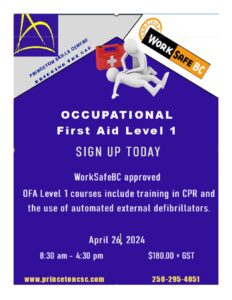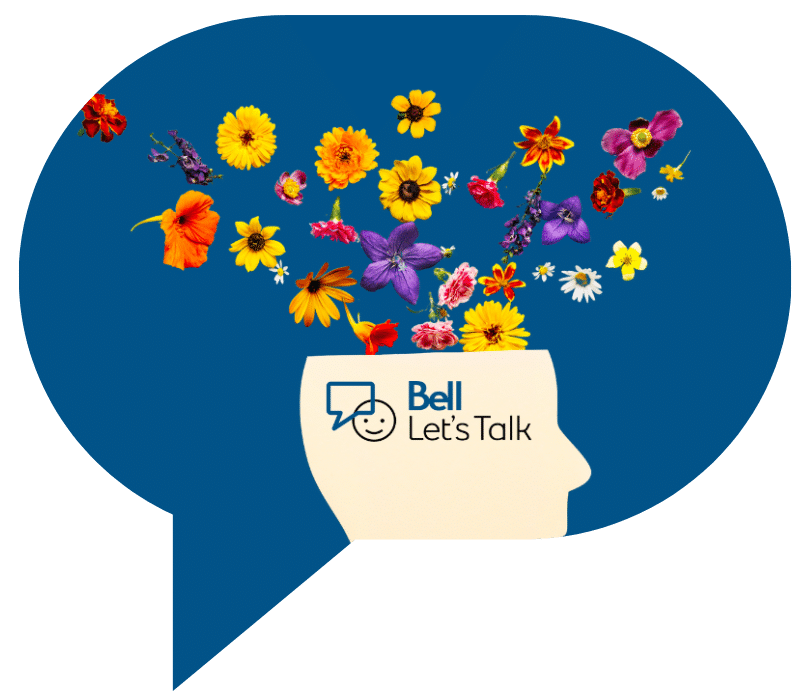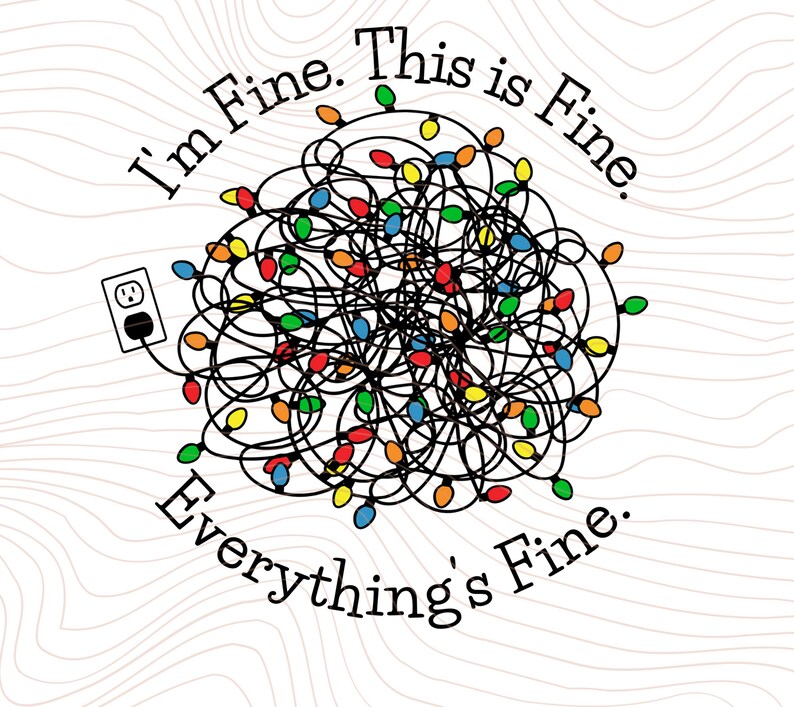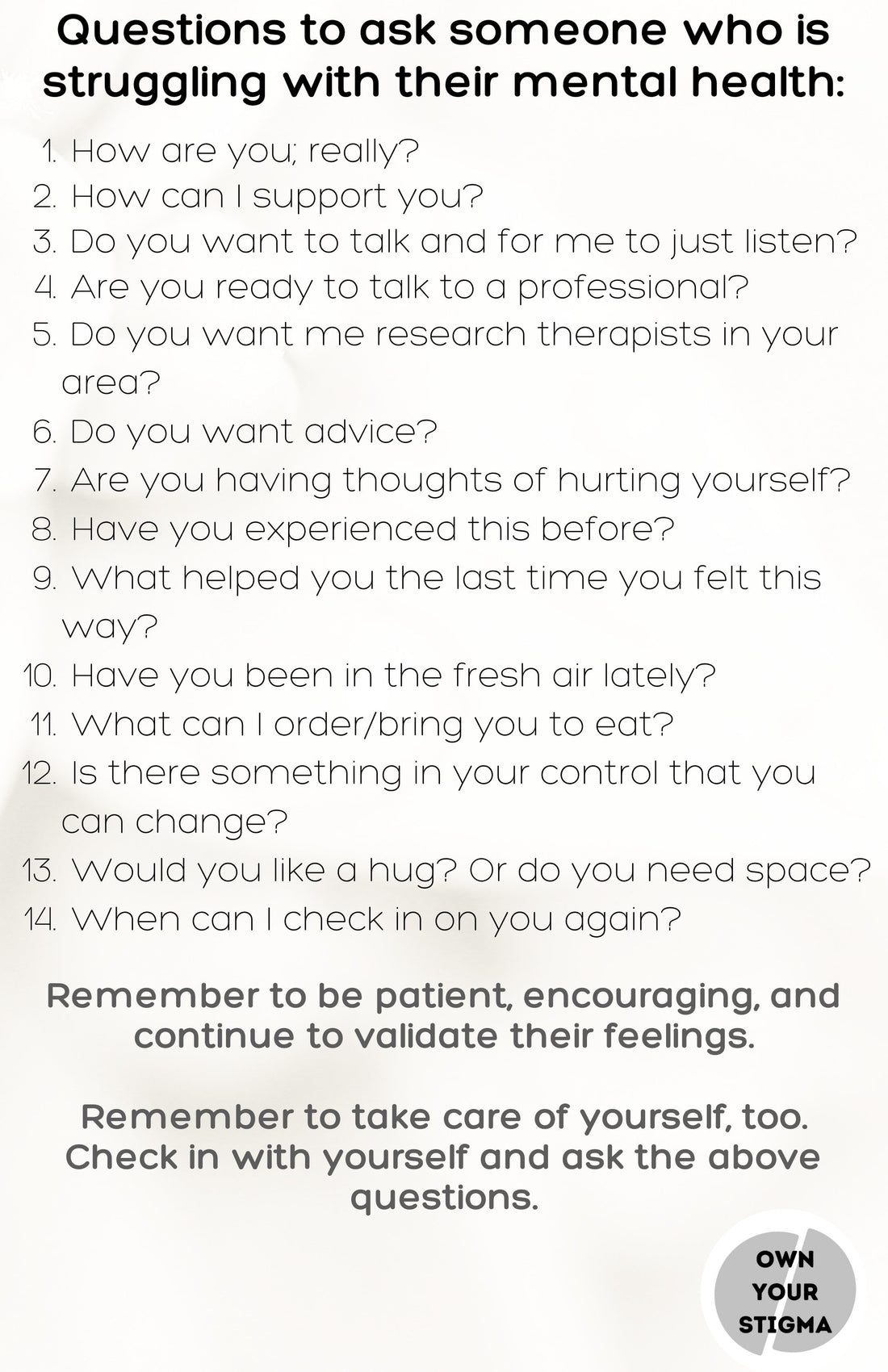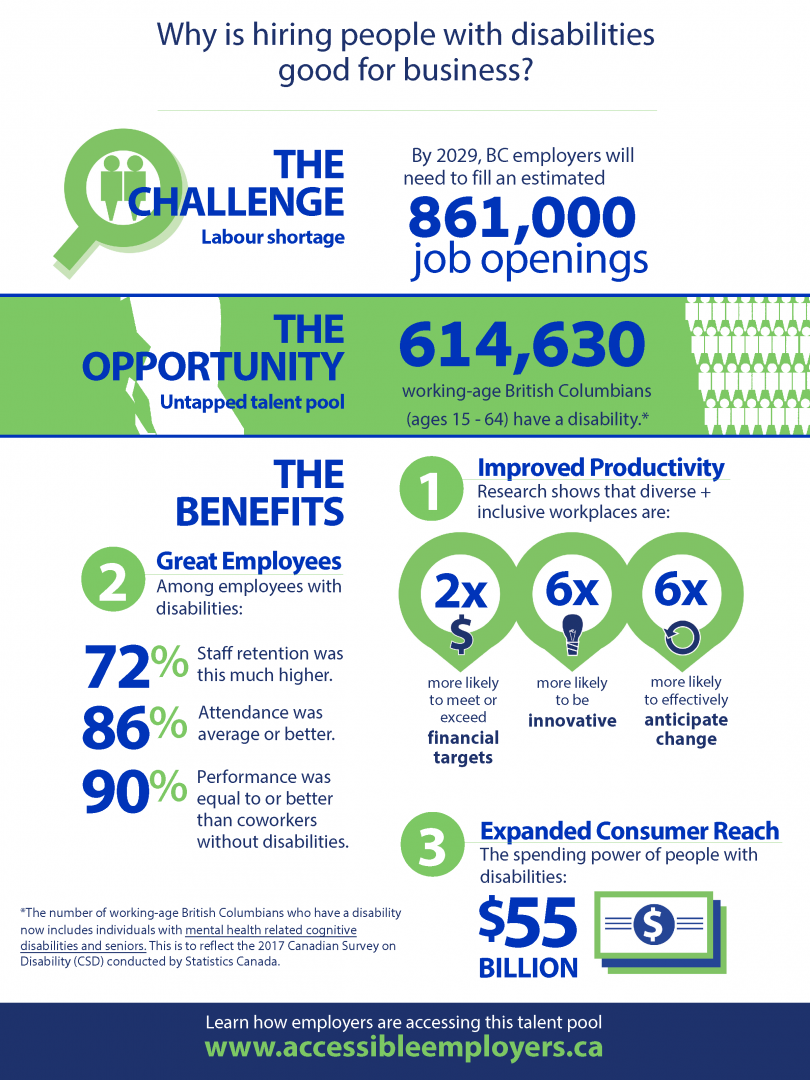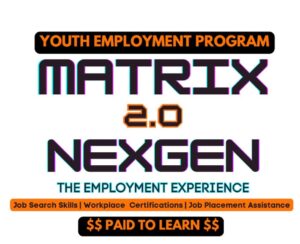
MATRIX 2.0 CATAPULTS PRINCETON YOUTH INTO THE WORKFORCE
What happens when you put a group of eager youth wanting to make their mark in the world together with a trusted training facility and master job coach? Murky dreams get supported with clarified goals. Vague thoughts become focused ideas. Personal adventures and experiences get refined into assets on resumes in the form of skills. Add in the energy and enthusiasm of a room full of young people and you have a brilliant concoction blended for bright promise to appear on the horizon.
With funding through the Province of British Columbia’s Ministry of Post Secondary Education & Future Skills, the Princeton and District Community Skills Centre is pleased to offer an exciting, informative, and engaging program specifically for youth in the form of the NexGen Matrix 2.0 Employment Experience.
Participants in this program are coached, encouraged, and led by Leah Ward, their inclusive and engaged facilitator, who has vitalized the program into a living breathing beast meant to build confidence as a human first and a good employee second. The partnership team of Sharan Jung, Skills Centre Manager, and Ward went to bat for Princeton. They saw a need for our community’s youth to enter the workforce prepared and knew that the Princeton and District Community Skills Centre could design a top-quality program to do just that.
A careful and thoughtful grant application was crafted in response to a government call for proposals with consideration of barriers that can adversely affect the process leading to employment for today’s youth. And they pulled it off…
The Skills Centre was awarded a two-year contract for a youth employment-focussed program. Sleeves have been rolled up and the first two of five planned 8-week sessions of the program are freshly finished.
“After 25 years of experience in employment services delivery through a variety of program designs, we wanted Matrix 2.0 to level up on the training. That is why we included topics that are important to the new working generations. Topics like Civic & Social Responsibility, Understanding Tenancy Rights, Financial Literacy, Cultural Diversities in today’s workplace, Mental Health, Employment Law, and the Real Employment Experience. Of course, we explore resumes, interviews, communication, and the traditional modes of employment training, and now we have modernized the training content for today’s workplace,” stated Jung.
Cooperation through team building exercises, resume and cover letter refinement, emotional intelligence in the workplace, time management, professionalism, worker rights and employment standards, are just a few of the topics explored. The coverage of these important subjects, along with a slew of valuable certificates and wise presenters arm the clients with the knowledge and confidence to finish the intensive eight-week subsidized program employment ready with a clearer image of who they really are and where they are going.
This is no small feat. Ward is a wizard whose wand is 18 years as a job coach and whose cape is covered in oodles of education and experience as a certified career practitioner. She doesn’t sit at the front of the classroom droning on and on with Power Points. The youth are very much part of the molding of each day. Their very unique individual personalities are important to the overall flavour of the in-class time.
The program predicts “More than 3,000 people between 16 and 29 in B.C. will benefit during the next two years from skills training and employment as part of a collaborative effort of the governments of British Columbia and Canada.”
“Young people are the future and we need to ensure they have access to the skills training for Canada’s growing economy,” said Randy Boissonnault, federal Minister of Employment, Workforce Development and Official Languages. “This funding is just one component of our work with the Government of British Columbia to provide training, education and opportunity to anyone entering the workforce, and connect thousands of young people across B.C. with new job opportunities and career growth.”
https://news.gov.bc.ca/releases/2023PSFS0067-001936
Locally, Mayor Spencer Coyne had nothing but good things to say about Princeton’s Matrix 2.0. “I think the program is amazing. When I was younger that program probably would have been one I would have taken. When I was around their age, it was the community that helped me…a few key people that had a huge impact on the trajectory of my life and I probably wouldn’t be where I am without them. Now I feel a duty to care and give back. When I see a program like Matrix, I see it as my obligation to stand up and assist.”
The youth were linked to community in another very personal way. Matrix 2.0 made it their mission to embed Truth & Reconciliation learnings into the program. Residential school survivor, Donna Ross, shared her very personal journey with participants and she was not alone. Others eagerly contributed, including well known local Tip Anderson who generously brought his humour, kindness and knowledge forth as soon as he heard he could help. In preparation for National Indigenous People’s Day, a community shout out was made for volunteers. The youth from Matrix assisted in setting up a teepee and one considerate youth even guarded it overnight. Relationships were forged with the Vermilion Metis Society and other community leaders passionate about indigenous education. Network building, knowledge gathering and understanding from listening and learning amplified the teachings.
The second group of youth in the Matrix program had the opportunity to see an example of Corporate, Civic and Societal Responsibility in person when they were invited to the cheque presentation between Canada Post and Princeton Leaders for Literacy. Canada Post’s Director of Operations BC Interior & Yukon, Karen Plessis, handed over $18,500 for a project in Veterans Square available through their Foundation and envisioned by Princeton Leaders for Literacy. “We were pleased to have this group of young people join us as we presented the cheque. We want people in our communities to know about our Foundation and apply for the grant. The more people that know about it the more deserving groups we can help.”
Another invaluable local presenter has been Suzanne Holland, Branch Manager of Valley First Credit Union, who brought her professional spin on financial literacy into the classroom. She spent two days with the program participants of each session going over some of the crucial components of personal finances that can make or break their future. Budgeting, how to get a good credit score, how to build credit, good vs. bad loans, credit cards, types of bank accounts, filing taxes and a little bit about investing are amongst the topics under the microscope. “Instilling a solid foundation of financial literacy in our youth is such an important element in setting them up for life success, and, on a larger scale, building strong and sustainable communities,” said Holland. “I’ve seen firsthand the value financial literacy can have in people’s lives and delivering these workshops was such a rewarding experience —the engagement and openness of the participants was fantastic!”
For youth stepping out into the job market having increased financial skills can give them a boost above someone else. As a direct result of Holland’s workshops, participants have been brave enough to sort out their overdue taxes, advocate for themselves to claw back bank charges, and open high interest savings accounts. Matrix 2.0 is making an almost immediate difference just through the presenters and certifications. The confidence, sharp resume and new knowledge are the pieces that connect the job search puzzle together into a feasible employment reality. Participants are leaving the program and going to work armed with a shiny dossier and faith in themselves.
There have been a number of quality local business people come in on their own time and either have a coffee talk or do some sort of presentation or workshop with the Matrix participants. The community has bought in to the program and they want to help. “We all need help sometimes,” said another presenter Arone Sheriland who worked his way up through Telus and now works remotely here in Princeton. “If something I say resonates with one of the participants and helps them in some small way that makes me happy.”
Tanya Lawes owner of Lawes Forest Management, Susan Coristine a retired lawyer, Shelby Maynard an international fashion talent, Jenny Pedwell and Leo Bice from Princeton Family Services Society and several professionals from the mental health profession are among those who went above and beyond to impact the participants with their words “It is a gift to be invited into young people’s lives in their career journey and an honor to work alongside of them,” noted Ward. “This program really is a bridge between where our youth have been and where they would like to go. If we can provide this stopover and help with the navigation to get these bright souls to their next steps, we can help them discover that there is a world of opportunities waiting for their exploration. They can leave their limiting belief bags behind and take a new path. It is so cool helping them discover their best selves!”
If you have a youth who has not connected to the world of work or is in between and exploring, send them the way of the Princeton Skills Centre’s Matrix 2.0 Youth Employment Program. Connect with Leah Ward at the Princeton Skills Centre through email: jobcoach@princetoncsc.com or call us at: 250-295-4051.




